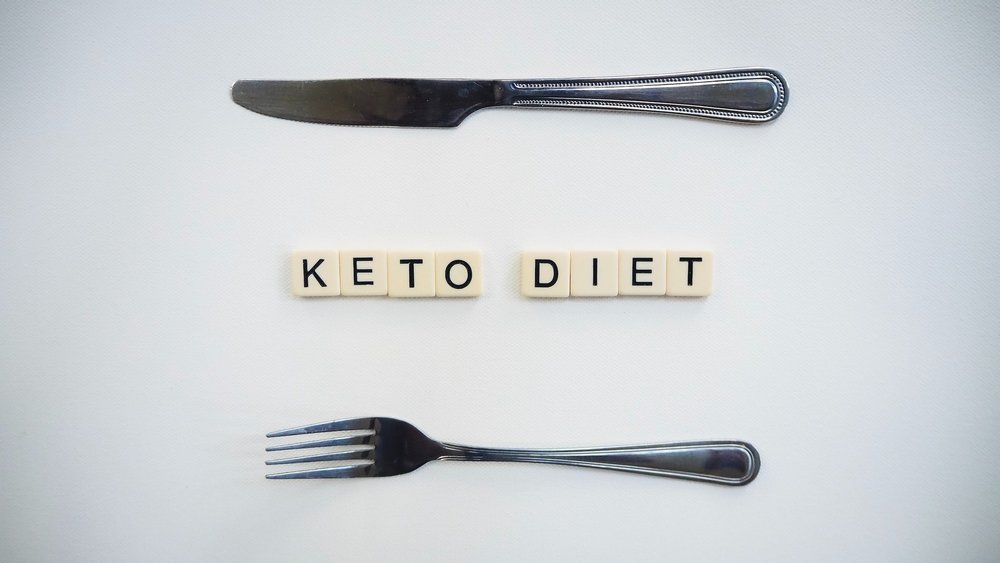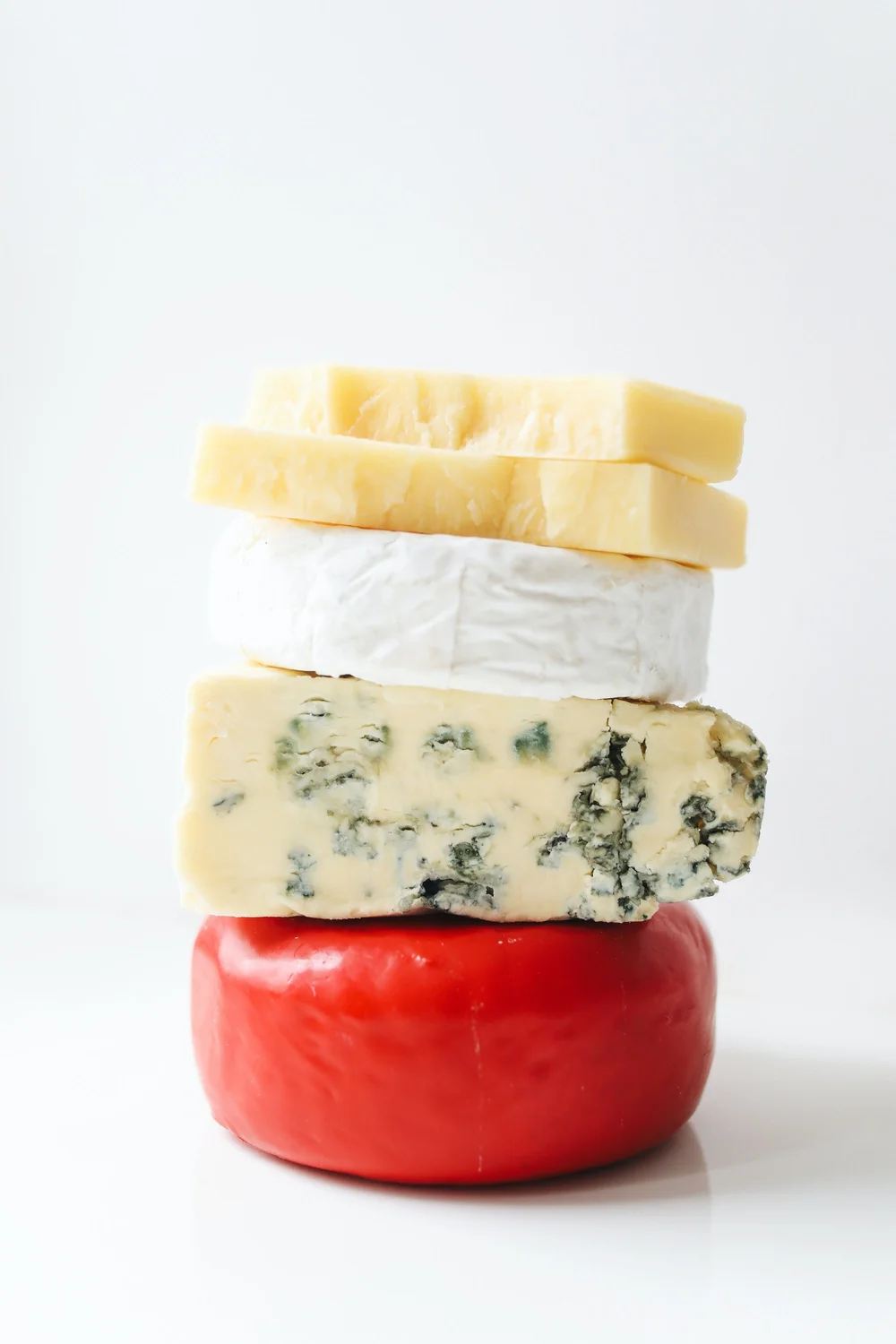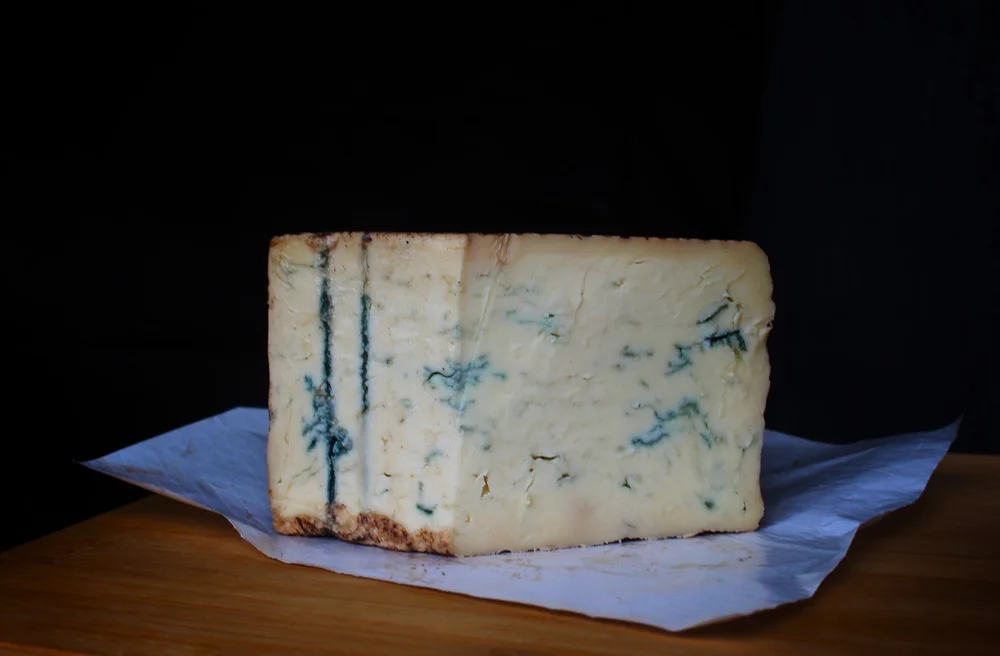Author/Editor’s note: This is not intended as medical advice. Please do not begin a program such as keto or undertake a significant diet change without consulting your doctor. This is merely intended as an explainer of the ketogenic diet and an analysis of various cheeses and how they fit within the keto framework.

The keto diet is an eating program that is high in both fat and protein, and low in carbohydrates, designed to send signals to your body to burn fats over carbs. “Keto follows an approach to eating that encourages consuming primarily foods such as meats, fish, healthy fats like olive oil and avocados, non-starchy vegetables like leafy greens and cruciferous veggies, nuts and seeds, and some dairy products,” says Dr. Krutika Nanavati, RDN with ClinicSpots. “The goal is to achieve ketosis — a natural metabolic state in which the body uses fat rather than carbohydrates for fuel.”
Cheese and Weight Loss
While its original function and design was to treat epilepsy in children, “The keto diet can be a great tool for weight loss, especially in the short term,” says Nanavati. While we are in no position to give advice as to whether or not this is a good idea for you and your specific needs — please consult your doctor for this, as some people with certain conditions should not pursue keto — we’re in favor of any program that acknowledges cheese’s validity within a healthy eating framework.
“Cheese has an important role in the ketogenic diet as it’s high in both fat and protein, which makes it very satiating,” says Nanavati. “It also helps contribute flavor and texture to many different dishes while still keeping them low-carb, and it is also a great source of calcium, which can help meet your recommended daily intake.” (Please also see this Washington Post article about how the saturated fat in cheese interacts with the body differently than saturated fat from other sources, mitigated by cheeses’ other beneficial components.)
Selecting Cheese for Keto
Cheeses photo credit Polina Tankilevitch
If you’re following or considering keto, not all cheese is ideal for the program, however. “Processed or low-quality cheese often contains added sugar or preservatives which can increase carbohydrate content, so these should be avoided,” says Nanavati, good news since we’re artisanal cheese fans here anyway. But not every small-batch or high quality cheese is appropriate, either, Dr. Nanavati explains: “Some cheeses such as feta and [certain] goat cheeses are higher in carbohydrates than others, which can be difficult to incorporate into your eating plan.” On the opposite side of that, certain cheeses like triple crèmes certainly hit the fat mark, but sometimes have an inadequate protein hit to be appropriate for keto.
Depending on how you source your cheese, you may not always have access to nutrition labels, but in cases where you do, or if you can find nutrition info online for your favorite cheese, make sure that no added sugars or preservatives are included in the ingredient list. To analyze the complete carbohydrate profile, subtract any dietary fiber from the total number of carbohydrates for the bottom line. Ideal cheeses for keto are ones that have a higher fat content than protein, with less than 10% of its total calories coming from carbohydrates.
With that in mind, many of our cheese favorites can be keto superstars, excellent news for those following the program. “Generally speaking, harder cheeses like Cheddar and parmesan tend to have the lowest carb count, while softer cheeses like ricotta have higher amounts of carbs,” says Nanavati. Additionally, “full-flavored cheeses like Cheddar, Swiss, and blue cheeses provide an interesting flavor while still fitting into the ketogenic eating pattern,” she says. “These high-fat, full-flavored cheeses can help add taste and texture to many dishes without increasing carbohydrate content significantly. Additionally, they tend to be more satiating than lower-fat options due to their higher fat content.” Here are 5 of the best cheeses to eat if you’ve been advised to go keto.
Best Cheeses for Keto
Parmigiano Reggiano
1. Parmigiano Reggiano
Undisputed royalty within the cheese world, Parmigiano Reggiano is also king when it comes to keto. A little goes a long way in terms of its flavor, and it can even be easily baked into robust, crunchy crisps to replace overly processed crackers in your eating program. With zero grams of carbs, Parmigiano Reggiano has both the protein and fat to be keto-friendly, with the added microbial bonus of being made with raw milk. Read more about Parmigiano Reggiano and the 3 original heritage breeds whose milk is used to make it.
2. Blue Cheese
Blue Cheese
Not all blues are the same, obviously, but when it comes to artisanal selections made by respectable creameries, as well as many of the European stalwarts, you can expect high fat and protein, minimal carbs, and outstanding flavor, which is all the more appreciated when you’ve eliminated processed foods from your routine. One ounce of Gorgonzola, for example, has approximately 100 calories, with 8 grams of fat, 6 grams of protein, and zero grams of carbohydrates. That ratio of fat to protein makes it especially ideal for keto. Read more about blue cheese for lovers and haters.
Cream cheese
3. Cream Cheese
We’ve already settled the score as to whether cream cheese qualifies as cheese. (Short answer: it does.) Cream cheese is also championed within the keto framework, all the more when it comes from a creamery rather than an industrial operation, as with Perrystead Dairy’s The Real Philly Schmear. Whatever cream cheese you prefer, make sure to check the label for hidden carbs or other additives. More good news for fans of flavor: the full fat version of cream cheese is preferred to its lower fat alternative where keto is concerned.
4. Cheddar
Cheddar
As though we needed an excuse to eat more cheddar, one of America’s most-consumed cheeses. But here’s one anyway: high quality cheddars fit perfectly within the keto framework. Cheddar has one of the biggest impacts calorically, but that reflects its high value in a ketogenic eating program. One ounce of Cheddar has approximately 114 calories from about 9 grams of fat and 7 grams of protein. Carbs in Cheddar typically clock in at less than 1 gram. Like parm, Cheddar is also an excellent candidate for shredding and baking to create full-flavored, knockout crisps for snacking on.
Gruyère
5. Gruyère
As cheese people, we know that the term “Swiss” is never going to cut it when it comes to cheese, so let’s call out the big one by name. Keto allows for plenty of meat within its guidelines, but Gruyère is also a perfectly beefy cheese option where flavor is concerned. Like cheddar, Gruyère has a big impact from fat and protein, with 9 and 8 grams, respectively. Though it could be said with most of the cheeses on this list, Gruyère gets my vote as most likely to be a meal unto itself. Read more about the real deal, Le Gruyère AOP.
